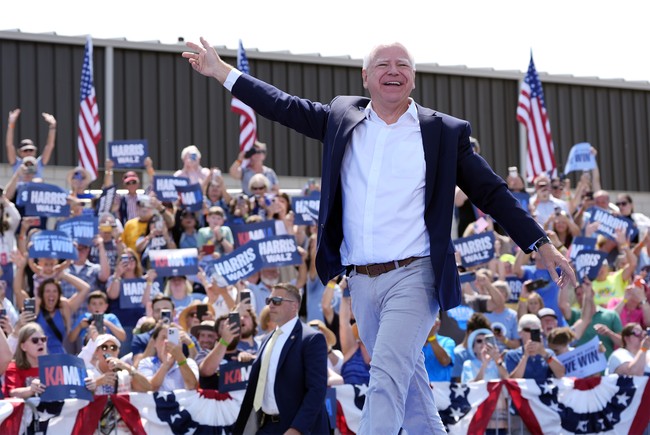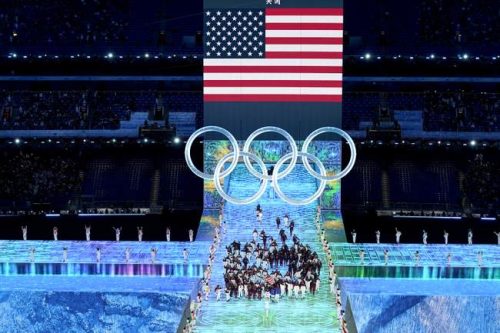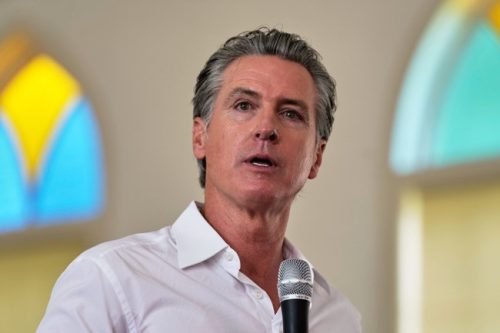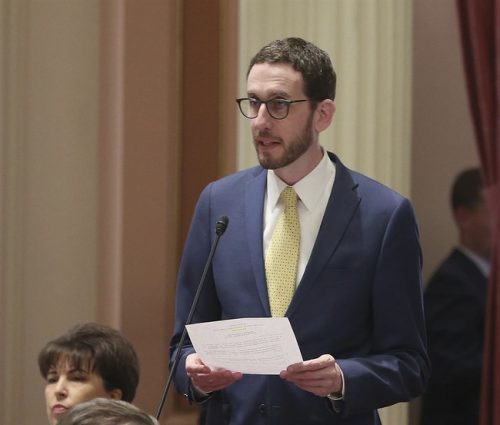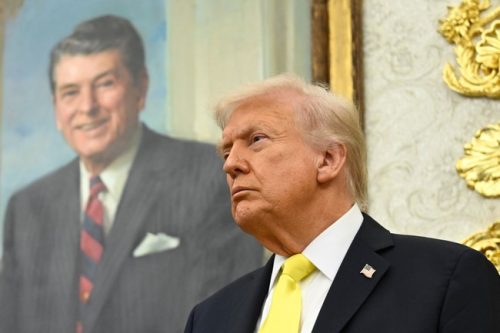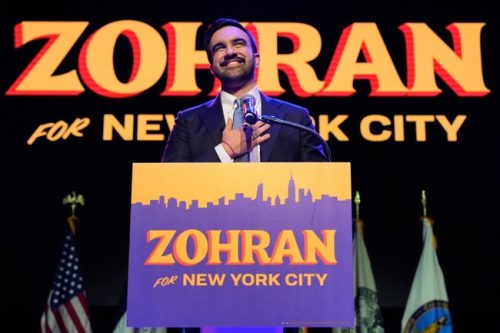The governor is pushing for a special session on gun restrictions after the Minneapolis school shooting, framing it as a public-health crisis while Democrats continue to press for action amid Republican resistance.
Governor Tim Walz has kept pushing for a special legislative session in Minnesota to address gun violence since the shooting at Anunciation Catholic School. He believes a renewed focus on restrictions will find public support, especially in urban districts eager for change. Rural voters, though, remain skeptical, and that divide is central to why a special session has not yet happened.
Walz is using town halls and public events to maintain pressure on lawmakers, trying to make gun control the dominant issue. These appearances are aimed at keeping the story alive in the media and forcing Democrats’ preferred solutions back onto the agenda. Republicans argue the approach is performative and risks sidelining more effective, locally driven safety measures.
The governor has publicly insisted a vote on limits is needed to spark debate and action, and he’s explicitly framed the issue as an urgent public-health problem. He maintains that without a formal vote, Republicans will control the floor and block any meaningful discussion. That framing is meant to put political pressure on moderate lawmakers who might be vulnerable in swing districts.
For the third time in two weeks, the DFL Party organized a town hall meeting on gun violence to keep up pressure for a special session of the Minnesota Legislature. So far, there is no agreement between Democratic and Republican lawmakers and Governor Tim Walz.
“The public health crisis we have around firearms is simply unacceptable,” Walz said in his opening remarks at the town hall meeting in Stillwater. “And I’ve asked us simply to put on the floor of the House and Senate a vote on whether we should have limitations on these weapons of war that were designed, in the case of Annunciation, 116 bullets flew into that church into little bodies in 61 seconds.”
We asked the governor why he doesn’t call a special session without pre-agreement to at least force a debate over the debate. “Well, the debate wouldn’t happen,” he responded, saying, “The floor would then be controlled by Republicans who have made it clear they don’t want to have this discussion.”
Outside the official sound bites, critics see those town halls as orchestrated moments designed to steer public sentiment rather than genuine, two-way community discussions. The gatherings often follow a tight script, with organizers setting the stage for the policy outcome they want. Skeptics say that method substitutes optics for legislative compromise and short-circuits the give-and-take necessary in a divided state.
Republican lawmakers who oppose a rush to change gun laws point to the diversity of opinion across Minnesota and argue for solutions rooted in local law enforcement, school security, and mental health resources. They warn that statewide bans would disproportionately affect law-abiding citizens in rural areas who rely on firearms for hunting and home protection. That defense of traditional liberties is a core part of the GOP message in this fight.
Walz’s rhetoric about “weapons of war” and the emotional images he invokes are intended to sharpen public reaction and tighten the narrative in urban media markets. Democrats believe the political winds are shifting enough to make new restrictions politically feasible if pressure is relentless. Republicans counter that emotional appeals should not be the sole basis for policy decisions that change constitutional rights.
The governor’s campaign to force a special session without bipartisan groundwork would represent a risky political gamble. If Republicans refuse to give ground, the session could end in another stalemate, and the perception of overreach might erode support for Democrats even in areas concerned about safety. Conversely, any concessions could open the door to further limits that gun-rights advocates fear will expand over time.
Practical questions about enforcement and the real-world impact of proposed restrictions get lost in the back-and-forth. Lawmakers on both sides debate whether proposed bans would meaningfully reduce violence or merely burden lawful owners. That technical dispute highlights a deeper political reality: the state is split, and statewide mandates face stiff opposition outside liberal strongholds.
The politics surrounding the proposed special session show how national debates over firearms get replayed at the state level, with the same patterns of pressure, protest, and partisan posturing. For now, Walz is keeping the pressure up, hoping to change the legislative math. Republicans are standing firm, arguing that rushed bans are the wrong prescription for a complex set of problems.
As the state navigates the next phase, Minnesota voters will watch how leaders balance public safety concerns with constitutional rights and regional differences. The immediate fight is about a special session, but the bigger question is whether policymakers can craft targeted, bipartisan responses that address violence without undermining longstanding liberties.

